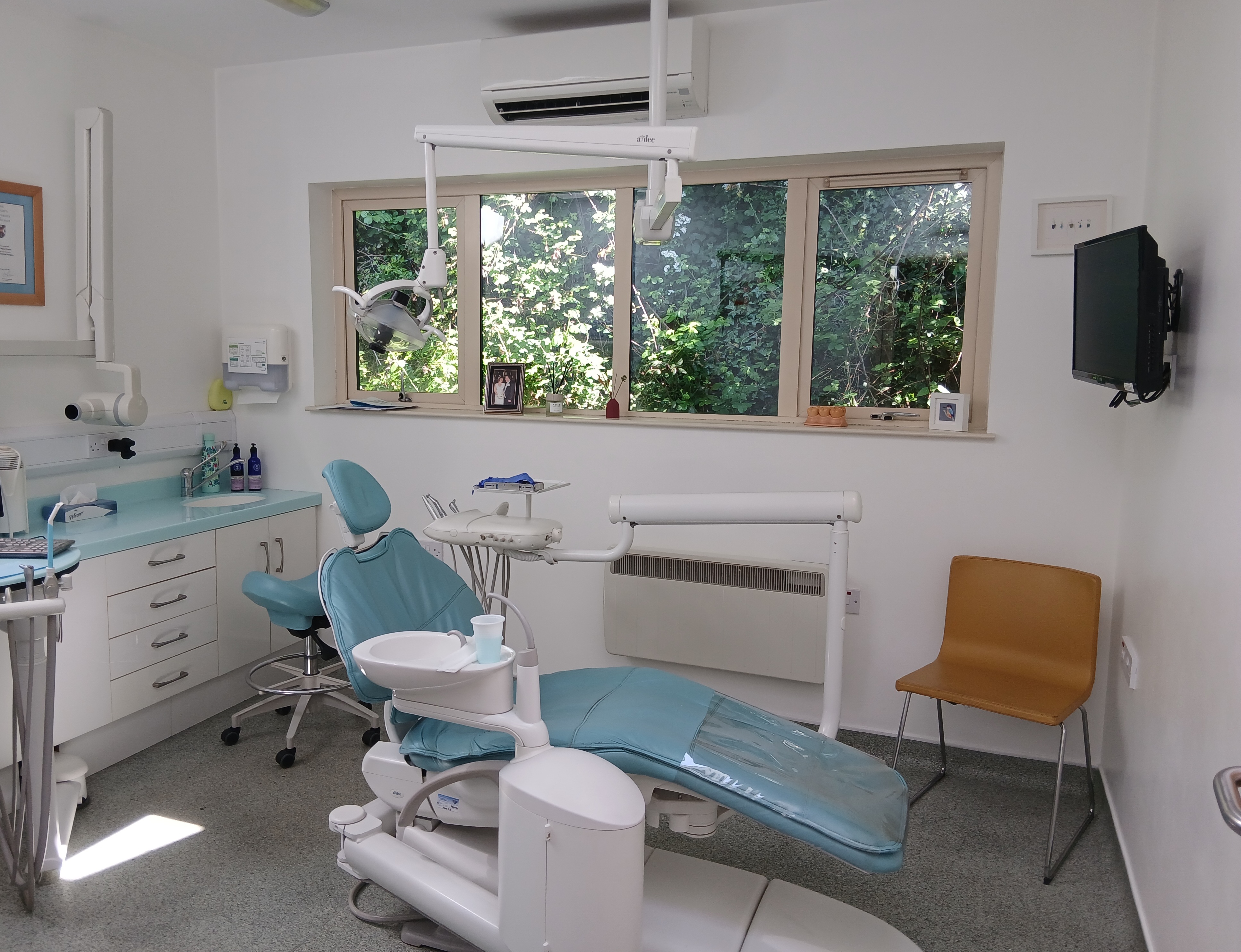Moving from Health and Social Care dentistry to private practice and/or reducing your registered patients
Here are some of the key points and advice to consider if you are thinking of moving your Health and Social Care registered patients to a private arrangement and/or reducing your Social Care registered patients in Northern Ireland.
Contents
Your Health Service contractual obligations
Health and Social Care allowances and benefits
If I've considered all that, am I ready?
Your Health and Social Care contractual obligations
De-registering patients
A Principal is any dentist on the Strategic Planning and Performance Group’s (SPPG) dental list.
When deregistering a Health and Social Care (HSC) patient, a Principal must provide the patient with at least three months’ notice in writing that their access to HSC dentistry with the Principal will be coming to an end. At the same time, the Principal must advise the SPPG, in writing, that such notice has been given.
Open courses of treatment
You must complete any open course of treatment. If for some reason HSC treatments cannot be completed, then you will need to inform the SPPG what treatments are outstanding, including any arrangements made for completion of that care and treatment.


